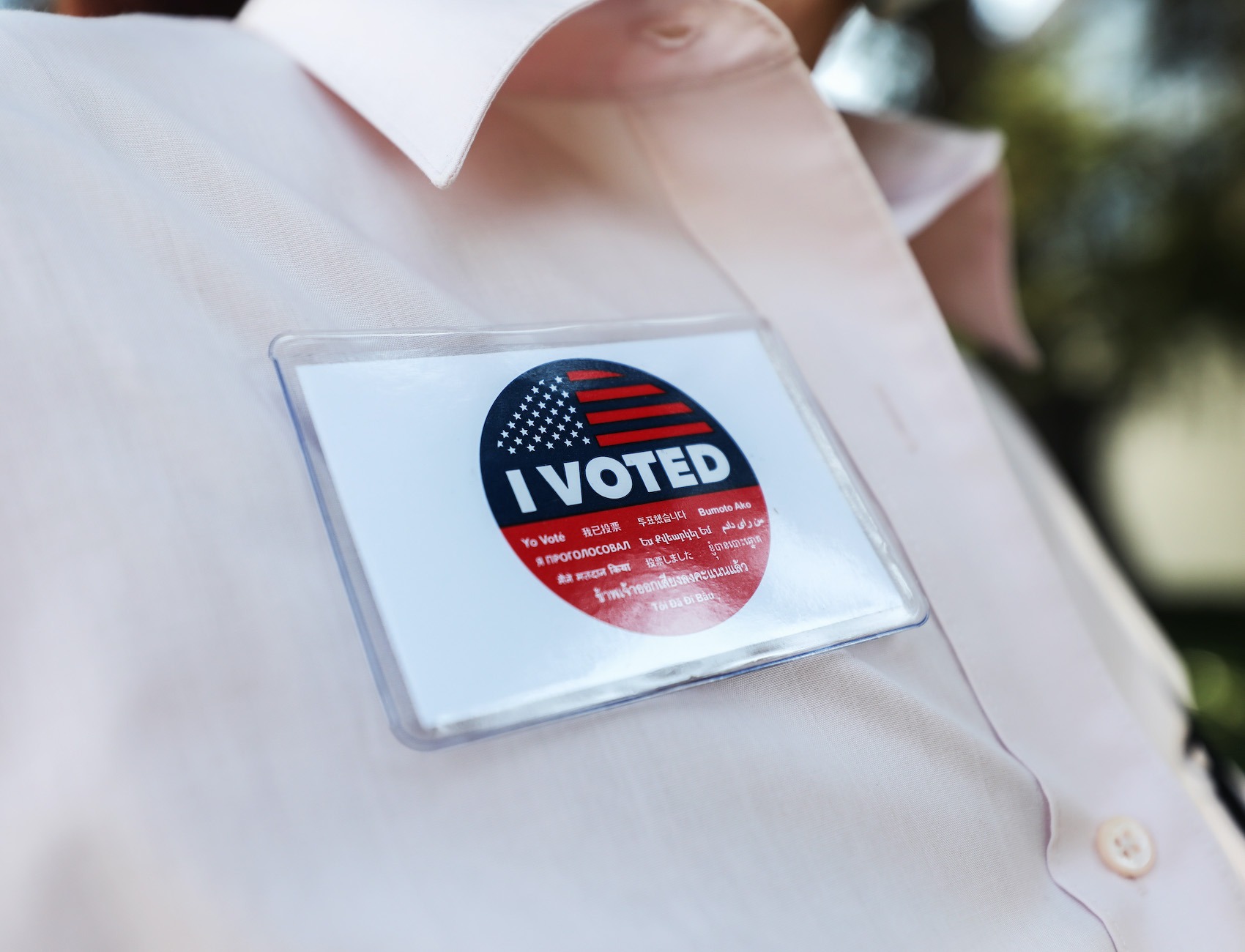California Voters Reject Regressive Measure That Would Have Rolled Back Years Of Successful Criminal Justice Reforms
The ballot initiative would have bloated prisons and jails in the state and undone important criminal legal reforms, advocates say.

Voters in California have rejected a ballot proposition that would have rolled back years of criminal justice reforms.
Advocates say Proposition 20, which would have reclassified certain misdemeanors as felonies, would have resulted in the incarceration of as many as 10,000 more people in the state’s prisons and jails.
The vote against Proposition 20 keeps on the books Propositions 47 and 57, both of which voters approved in the last decade to address the legacy of so-called tough-on-crime laws that led to the creation of the state’s overcrowded and costly prisons.
Proposition 20 amassed support from police, corporations, and other businesses, including large grocery chains like Ralphs and Safeway. They argued that the ballot measure would prevent “organized retail crime,” an industry term to describe coordinated theft, and that it would keep communities safe by increasing penalties for those convicted under the revised legislation.
Sophora Acheson, executive director of Ruby’s Place, a nonprofit focused on victims’ services, opposed Proposition 20 because it would have diverted taxpayer dollars back into carceral systems instead of supportive services.
“They are literally trading victim services for more incarceration,” Acheson told The Appeal of the ballot measure’s supporters.
By rejecting Proposition 20, California voters “put to rest both in California and nationally the failed and misguided criminal justice policies of the past,” said Dan Seeman, a former deputy cabinet secretary to Governor Gavin Newsom who worked with the No On 20 campaign.
He said that the last three decades of California’s pro-incarceration policies, like its three strikes law, has led to similar legislative efforts in other states, and rejecting Proposition 20 demonstrates that targeted, fact-based approaches to safety work.
“We’ve been leaders in both retrograde and racist mass incarceration policies and also in fixing those policies,” Seeman said of California.
